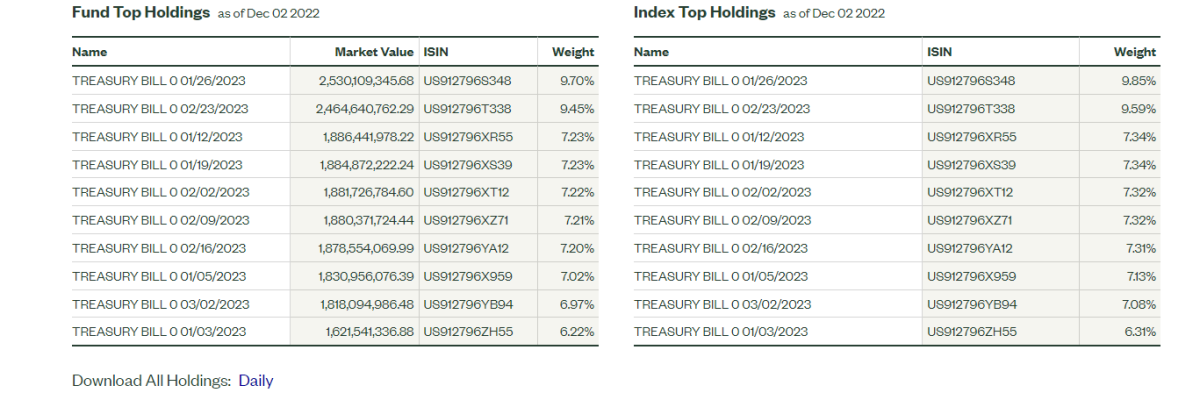I am new to this website and found it as a result of having confusion over bonds vs bond funds. I've now spent weeks researching the issue, including many of the threads on this web site and elsewhere.
There is a lot of controversy on this site regarding the value of bond funds. In objectively reading the posts, I see a lot of: a) apples vs oranges mixing of assumptions; b) some very insightful thoughts about the limitations of bond funds; and c) some wrong characterizations of bonds vs bond funds.
A lot of the confusion comes from different assumptions by different posters. Setting aside the legitimate concerns about bond funds, like companies trying to issue debt at below market rates to be picked up by passive index funds, the fundamental issue between bonds and funds comes down to reinvestment actions of dividend and capital gain proceeds.
A bond fund maintains a relatively constant duration, and as interest rates vary, the "breakeven" date between holding bonds to maturity vs a fund is always changing. If rates keep rising multiple times, that "breakeven" date pushes out further and further. That is what is happening right now. Academic research shows that if rates rise 1% per year for several years in a row, it takes 2xDuration Years Minus 1 Year to breakeven. That's a long time.
So if someone needs to liquidate their holdings in the future before the breakeven date, they lose money as compared to just having bonds that mature on the date they need the money. They had to endure low distribution rates from the bond fund, and never received the capital gains that the bond funds would receive over time. So from that standpoint, investing in bond funds vs bonds is bad if you will need to liquidate funds at some point in the future. Even if you need funds at the duration date, you could lose money in a bond fund vs bonds if interest rates had kept rising during the years.
So this is the fundamental issue of holding bond funds vs bonds. What it implies is that as you get older, if you will eventually liquidate those funds you need to start thinking about transitioning out of funds and into bonds, so that you don't find yourself at the time of liquidation in a high rate environment and a beaten down NAV. Or, you can hope that rates are neutral or dropping, in which case you would actually make more money.
Some of the other characterizations of the negatives of bond funds weren't correct. Examples were given of selling bonds after the prices had declined, either in order to meet customer redemption requirements or to buy other bonds. Those actions by themselves have no additional impact on the bond fund. The NAV was already impacted by the rise in interest rates. Holding or selling a bond at that point makes no difference on the future return as long as the proceeds are reinvested in new bonds at the higher interest rate. It will be the same either way. The article referenced at the beginning of this thread highlights this. Also, redemptions don't matter either. The losses being "locked in" during the redemption are being born by the person doing the redemption, not people who remain invested in the bond fund.
A lot of the arguments I see in this thread and elsewhere come from people having different assumptions about when the money is liquidated from the bond investment, and whether funds are reinvested or not.

